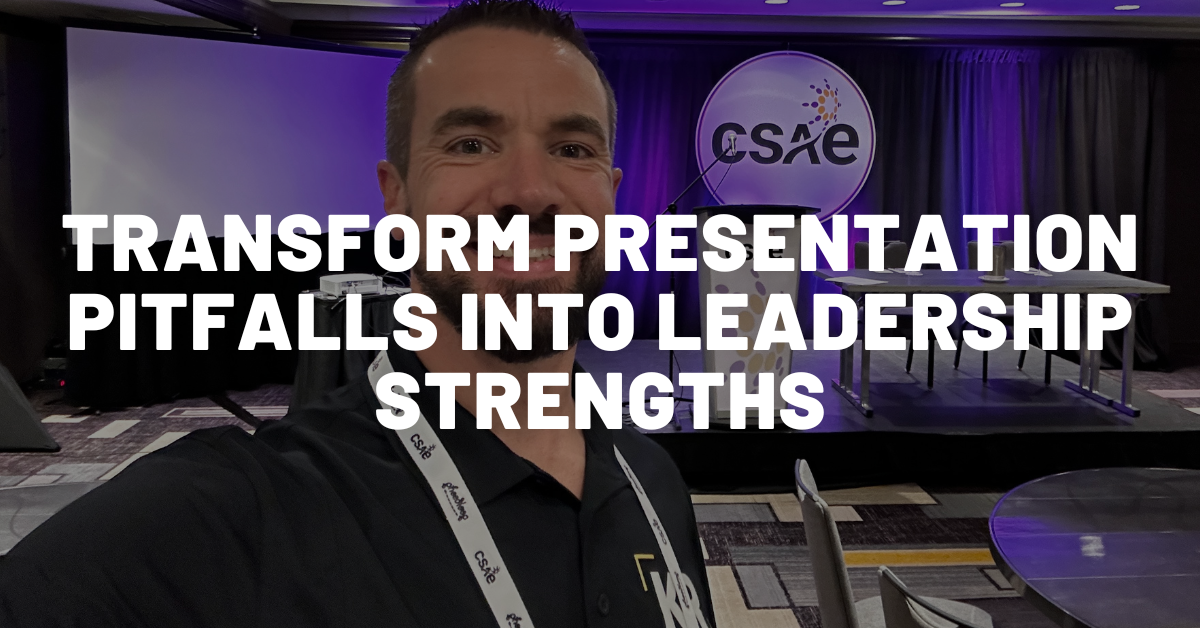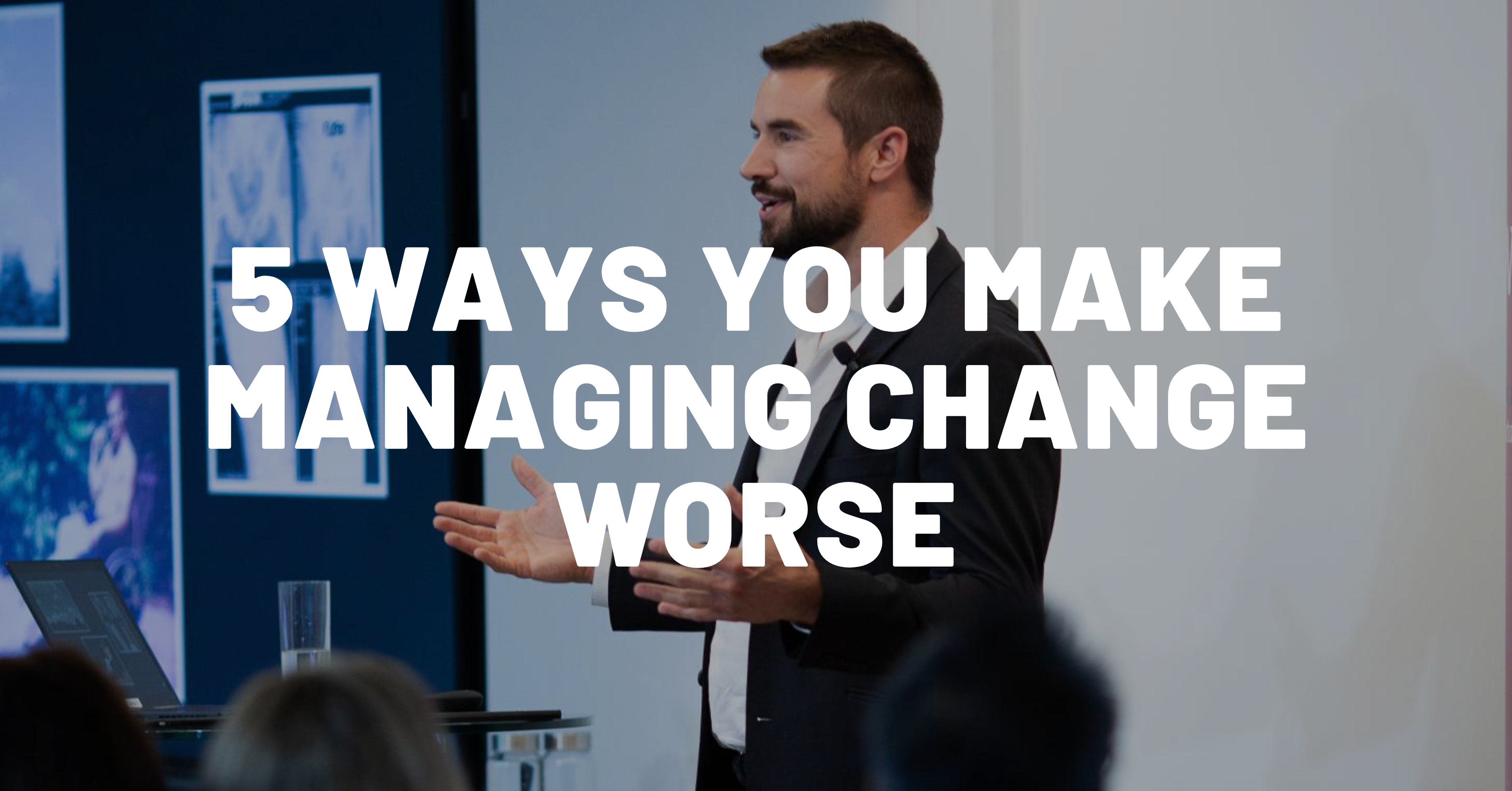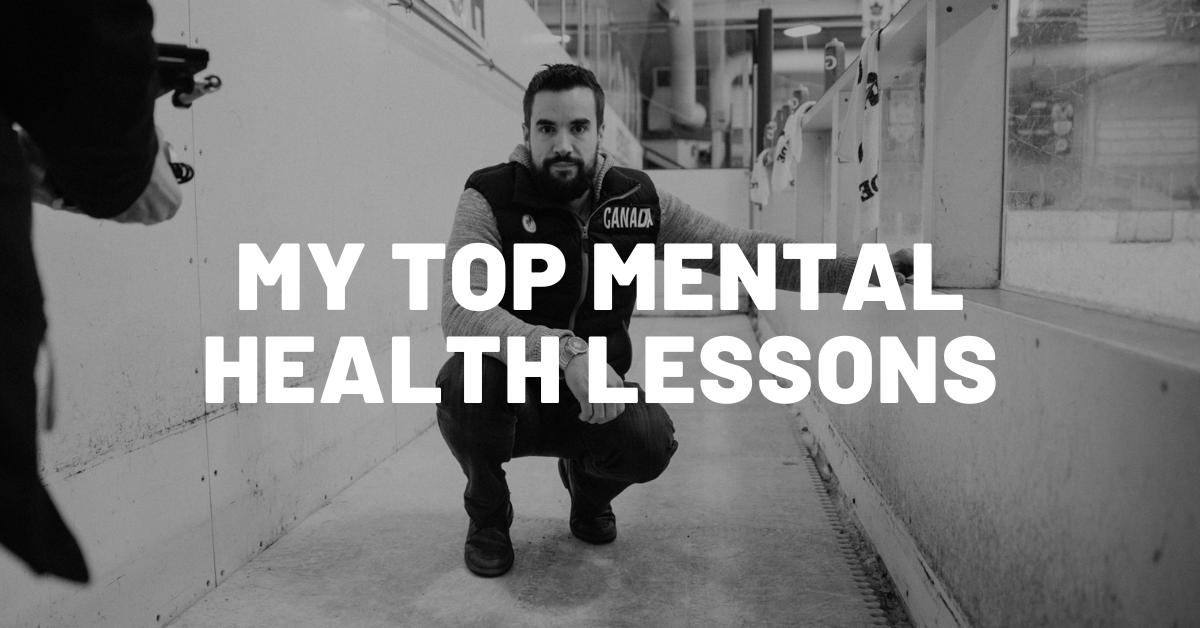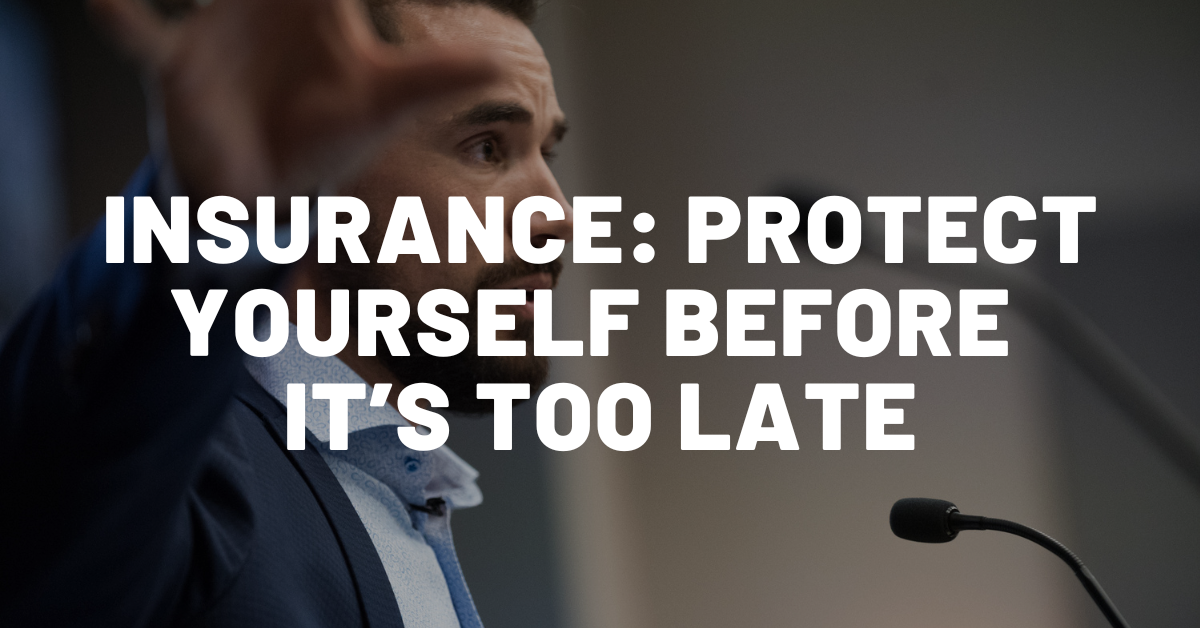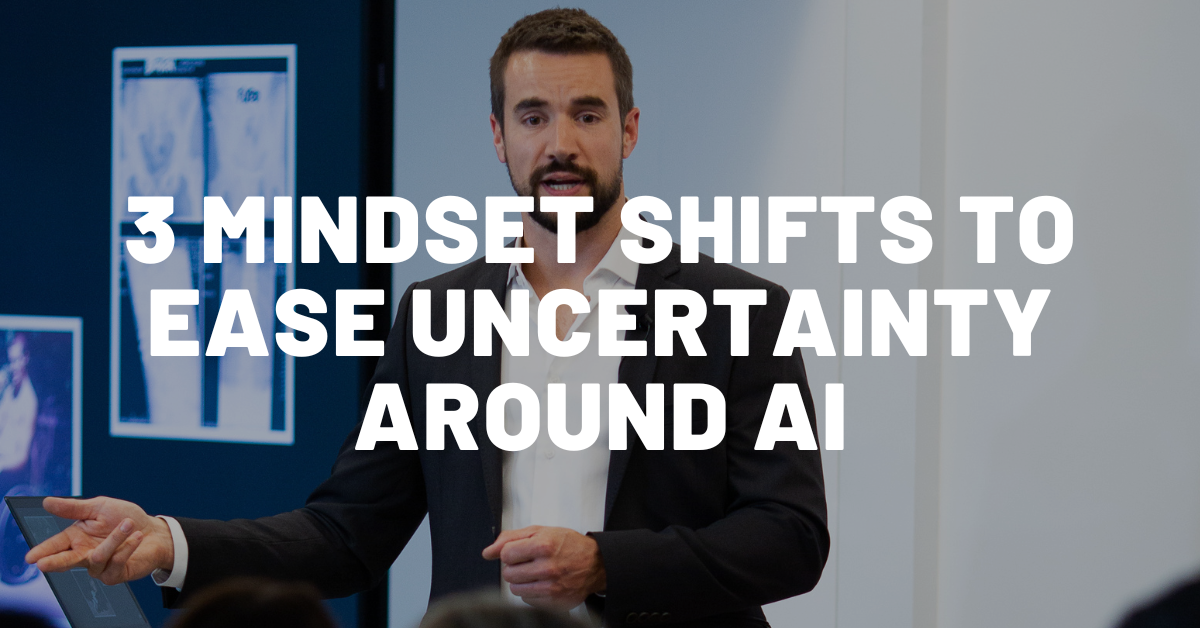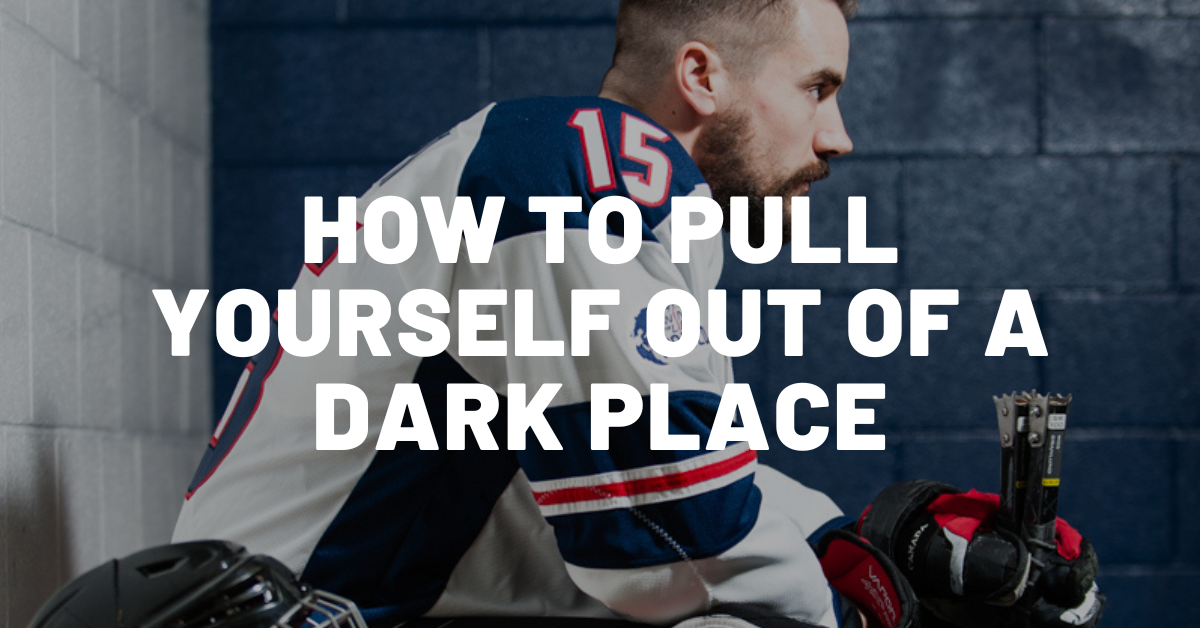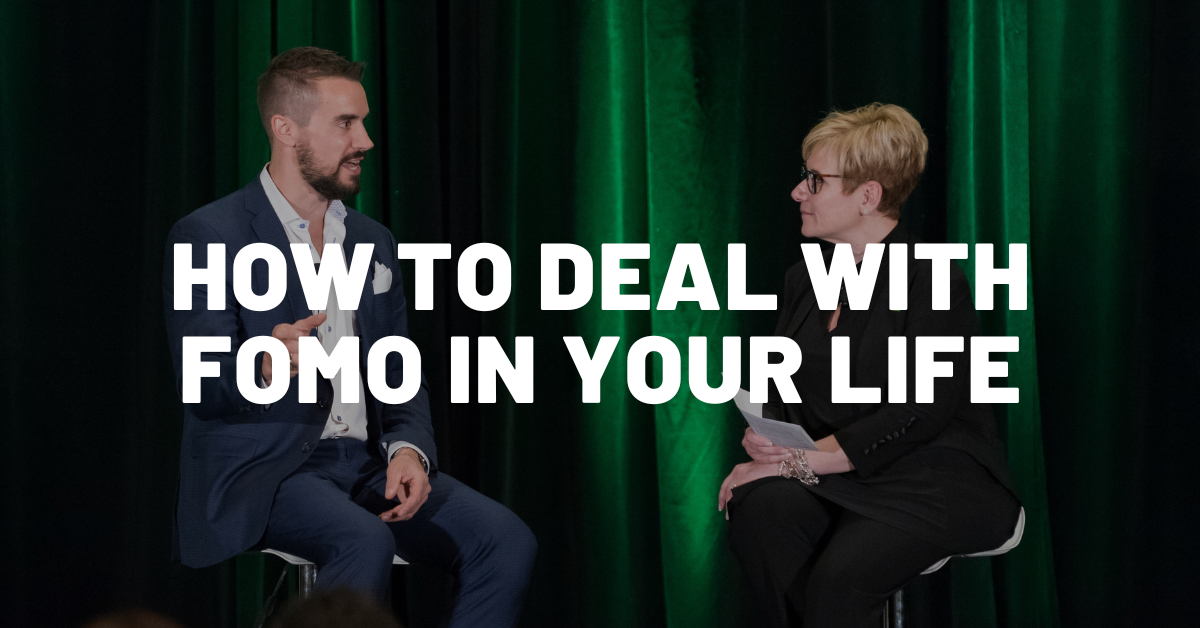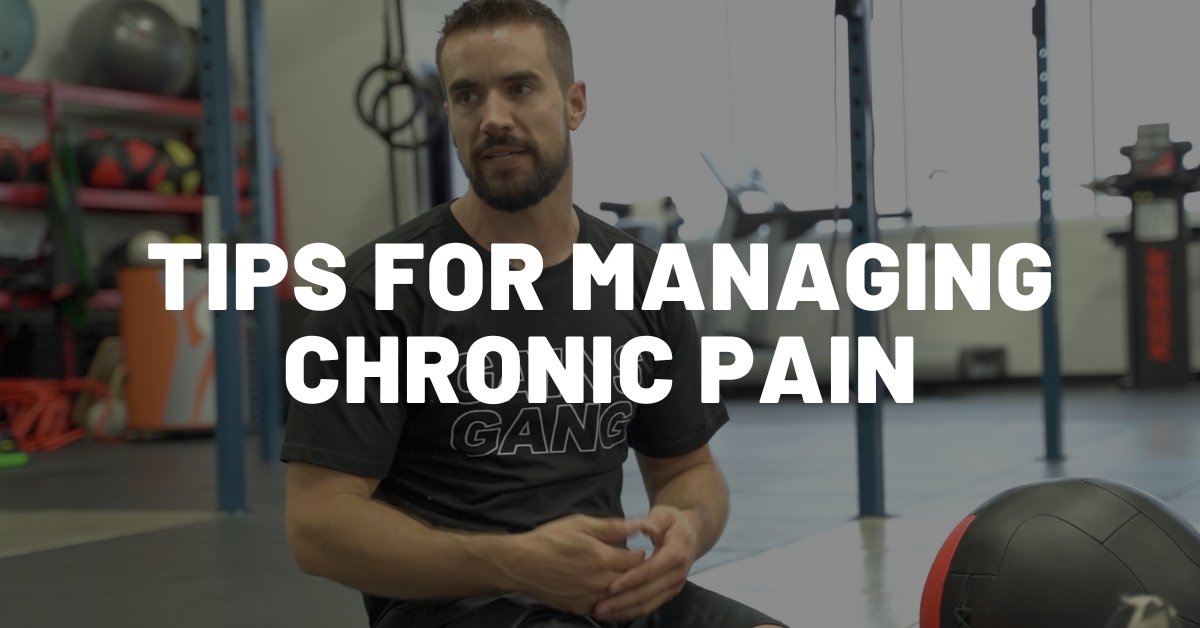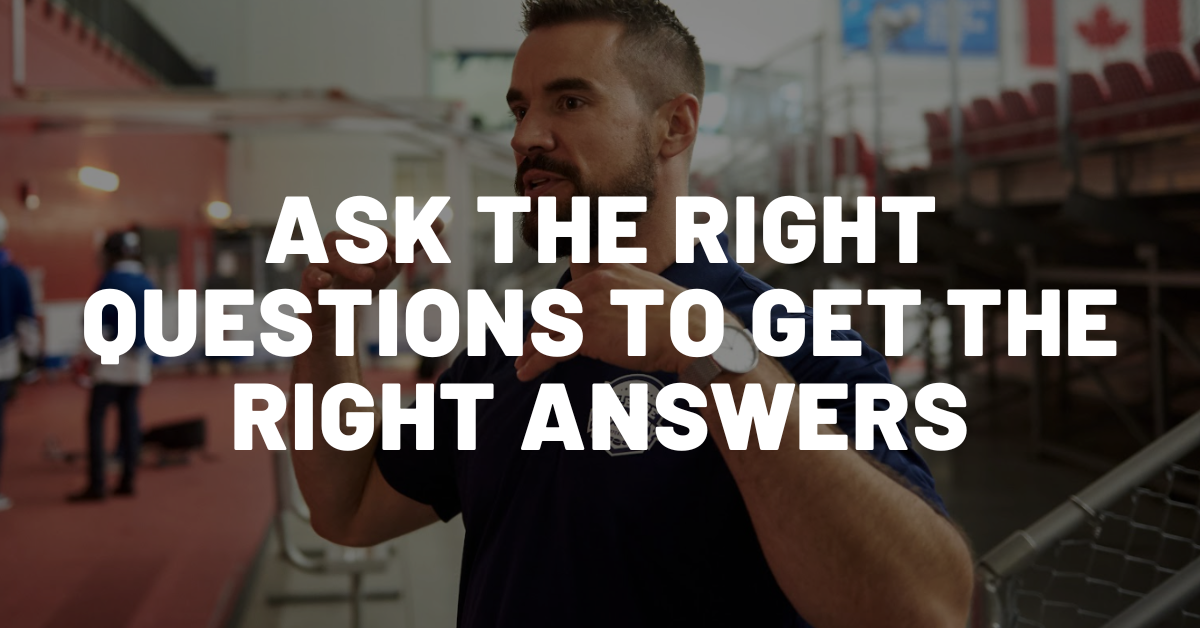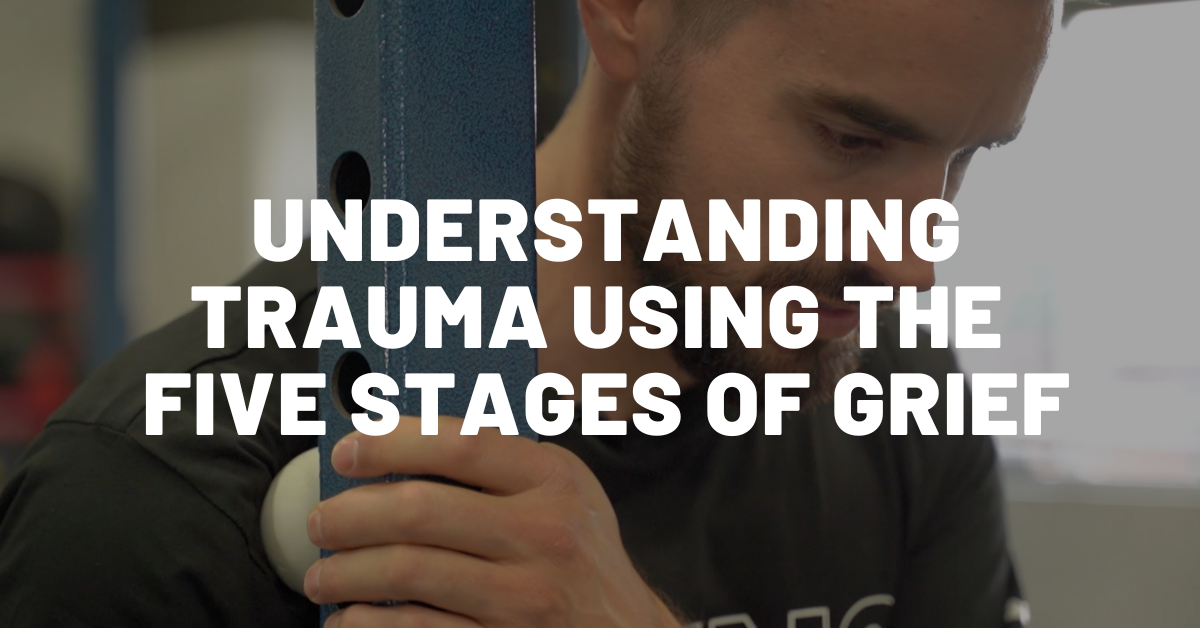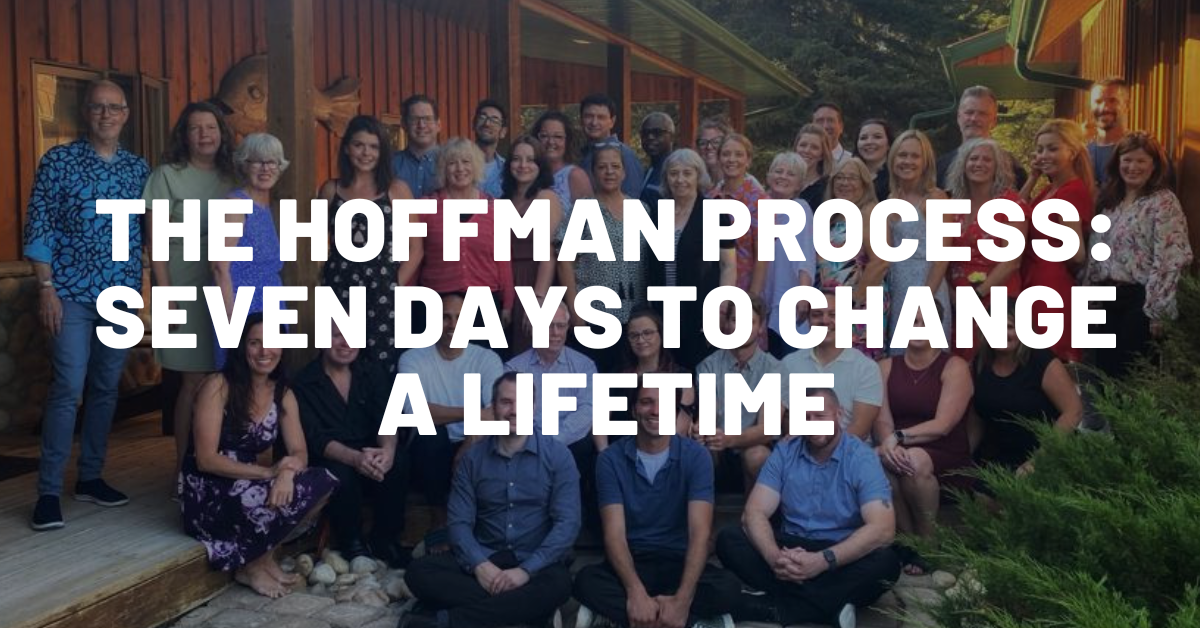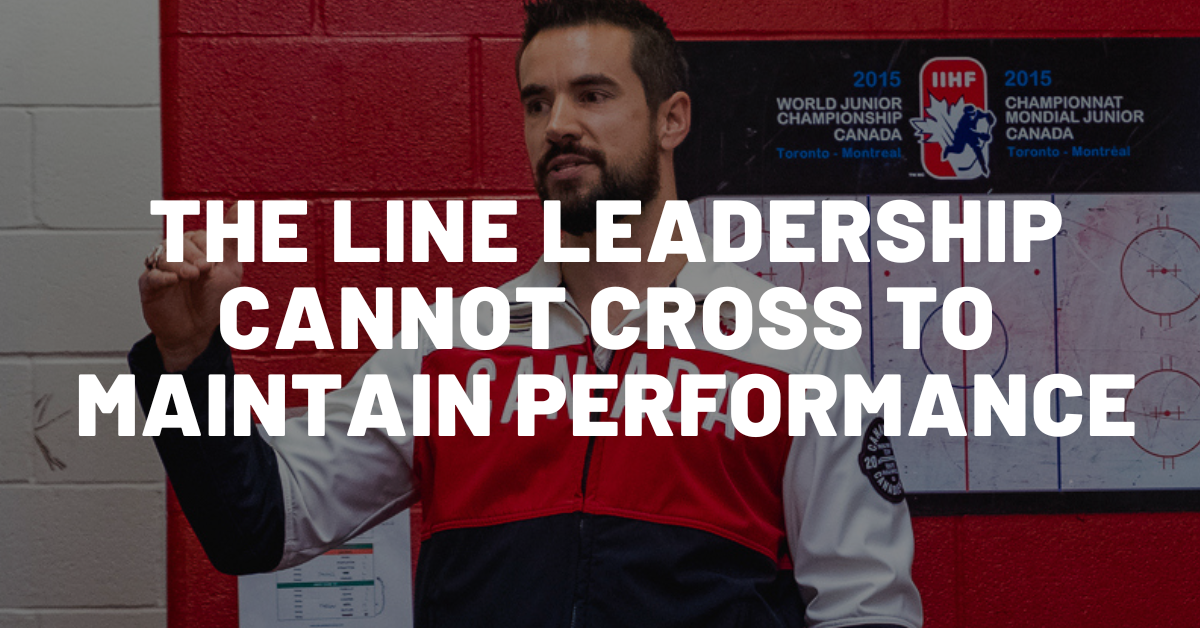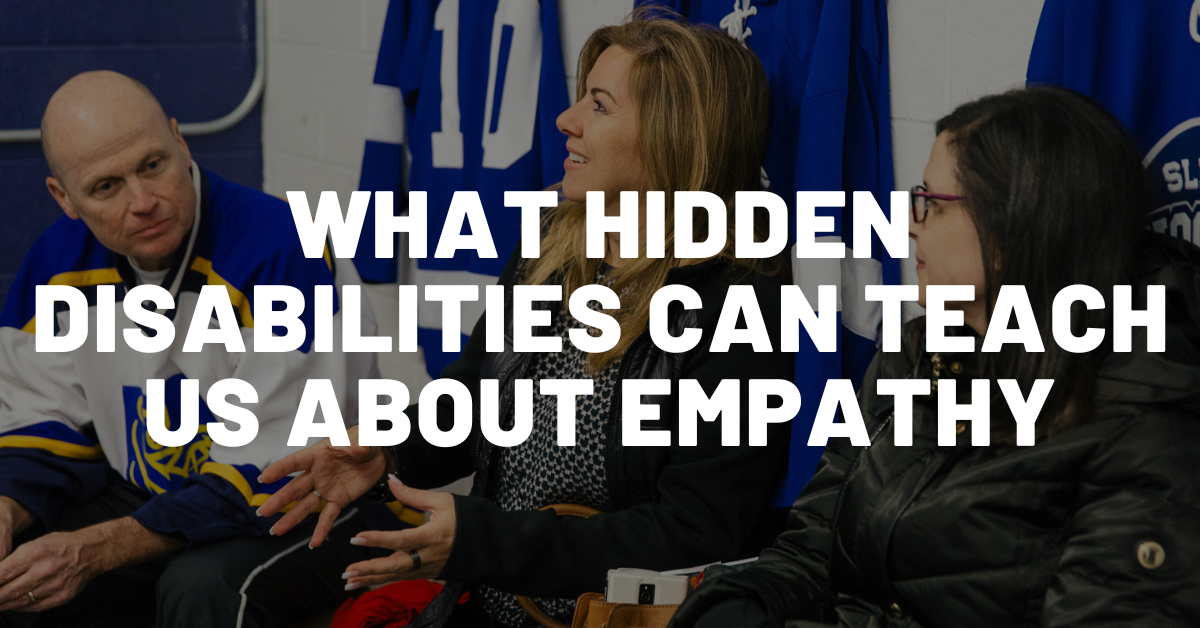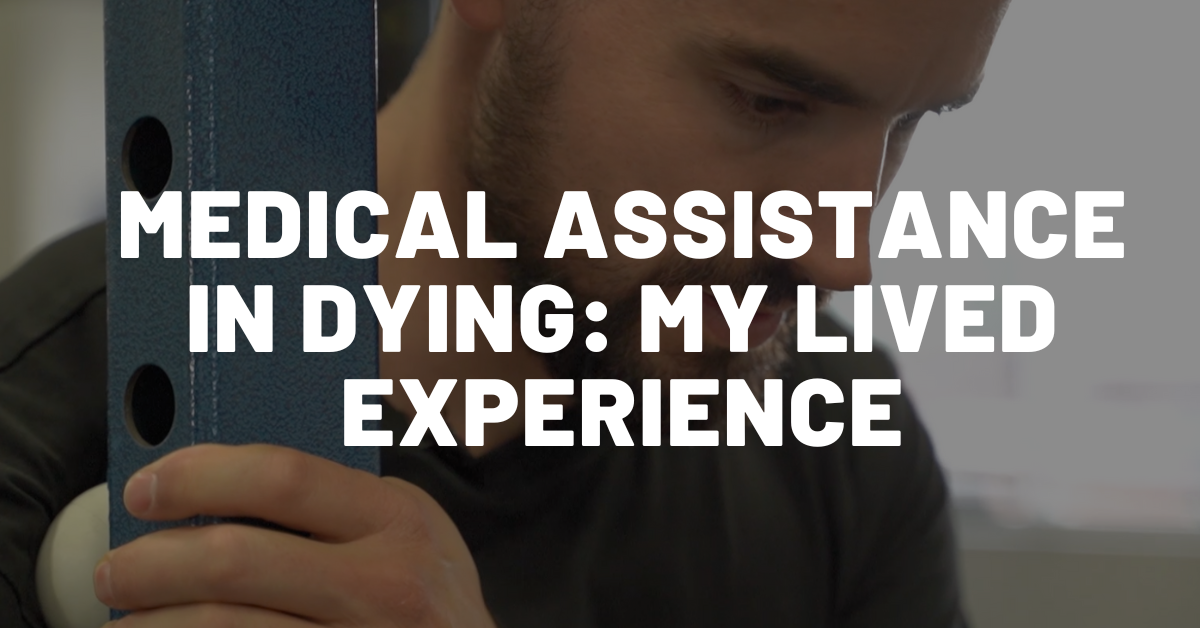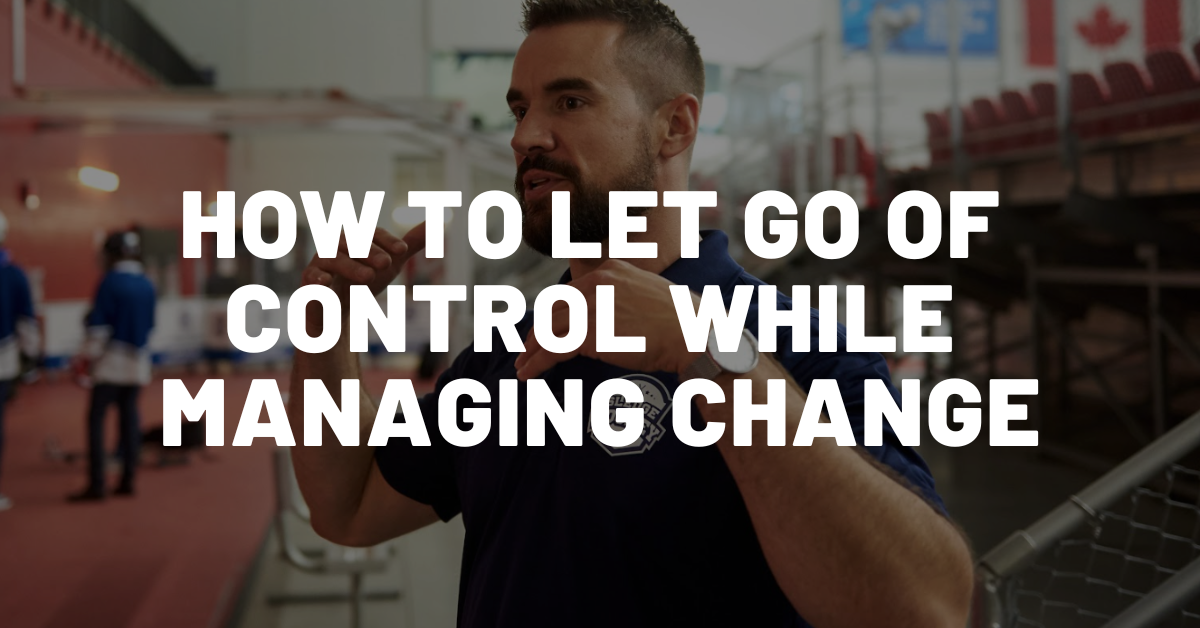With the seasons changing, it’s easy to find yourself reevaluating your life goals. Maybe it was as a result of finally pulling out that vision board you made a year ago, or maybe you’ve just found yourself completely unenthusiastic about activities that once brought you joy. At times, it can even be caused by unavoidable signs showing us that it’s time for a change in our lives. Whether triggered by a singular moment, or a series of events, these signs cause our minds to envision a new version of our future selves. As we reflect, it forces us to quickly acknowledge the spaces that we’ve outgrown – our circumstances, our relationships, or our jobs.
(If you’re looking to audit your life in preparation for the year ahead, read more here.)
Making Important Changes and Sacrifices
In a recent blog post, I spoke about embracing change and how to choose what truly makes you happy. Within that post, I touched on the moment I realized that it was time to walk away from the Sledge Hockey Experience. While I had a tremendous passion for it, even though it distracted me and was less profitable than delivering corporate keynotes and workshops, I loved it. And because I loved it, I was happy to make the sacrifice. But, as I evaluated where I currently am in life, I also had to accept that it simply is no longer the best business model for me today.
Coming to this realization took a little bit of time. The Sledge Hockey Experience was my truest entrepreneurial business, and was something I created from conception to execution. Of course, it was only able to deliver this with generous helping hands over the years, but even so, it was essentially the first business I could truly call my own. Having spent six years perfecting the processes and logistics of the company that allowed us to repeatedly pull together seamless experiences, I felt a strong desire to pivot after conversations with my ex-pat sister, while we were abroad; it was clear that it was finally time. But the question is, how did I know it was time?
Living In an Abundance Mindset
Before I answer that, I’d first like to note how I’ve referred to closing my business as “letting go” of it as opposed to “quitting.” There is a critical distinction to be made between the two. At one point or another, whether it’s what was instilled in us as children or what society has continued to impose, having an “I’m not a quitter” mentality was, and arguably still is for many of us, encouraged.
Leaning into this mentality too heavily can lead to unnecessary time and energy being spent in jobs, relationships, or investments that have already run their course. This mentality similarly feeds the scarcity mindset that thrives when we concentrate on what we may miss out on if we decide to take a leap of faith. Even in the face of being burnt out or left feeling depleted, so many of us cling to things we ought to let go of, in both our personal and professional lives.
An abundance mindset, on the other hand, is where the notion of “letting go” resides. When we let go of a person, place, or circumstance in a healthy way, it means that we’ve made peace with what is no longer serving us, and intentionally release it with the reminder that the experience served its purpose in helping contribute to our growth.
(To hear more of my thoughts on letting go of control, click here.)
Overcoming the Fear of Failure
As an entrepreneur, one of our biggest challenges is overcoming the fear of failure, or as I see it, accepting that we’re being redirected. My coach David Neagle always says, “Let go of something of a lower nature to obtain something of a higher nature.” I applied this mantra when I made the decision to let go of the Sledge Hockey Experience, as I felt I was being redirected and pushed forward into the next phase of my life; a place where I’d truly be happier and far more aligned. Another great source of inspiration for my perception of success and failure has been The Dip: The Extraordinary Benefits of Knowing when to Quit (and when to Stick) by Seth Godin. As implied by the title, this guide is a great tool to help you uncover when it’s time to let go and walk away from the things that no longer tally up with where you are in life, or with the vision you have for where you want to be.
Questions to Ask Yourself Before Making a Change
So, back to the question at hand, how did I know when it was time to walk away from the business I’d spent six years building? I encourage you to ask yourself the following questions:
- If I let this go of _____, how will it help me?
- Will this change move me closer to or further away from my primary business/personal goal?
- Do I feel stuck? If so, what am I holding onto?
- Does this make sense financially?
- Aside from financials, what are the potentially mental and physical implications of this decision?
After I was able to answer the questions above, I thoughtfully sat with and ultimately made peace with the following:
- The hardest things to let go of are often the things we’ve created an emotional attachment with. Learning to detach ourselves from the emotional tie, or in some cases, the identity tie we have with what we’re letting go of, allows us to objectively assess whether it’s actually working or not.
- Writing down your thoughts on paper, instead of having them scrambled around in your head is also a tried and tested way to help you better visualize whether the decision you’d like to make is the right one. Start with two columns, on one side list the reasons to stay or keep something, and on the other, list the reasons why you should let it go.
- Accept that everything isn’t meant to last forever. It’s the short-lived experiences that often teach us lifelong lessons and there is no shame in walking away when these lessons have been learned.
In Conclusion
At the end of the day, we have to do what’s right for us. By all means, hold space and anchor experiences in the past and use them as fuel to propel yourself forward. But it’s completely unadvisable to stick with a situation based on ego, pride, fear, or the limited expectations that someone else has placed on you. Think about what it is that you want, what makes sense for your own life, and go after it.
—
If you like this article, here are three more to help you succeed:
How To Turn Depression Around: Spiral Up, Not Down

